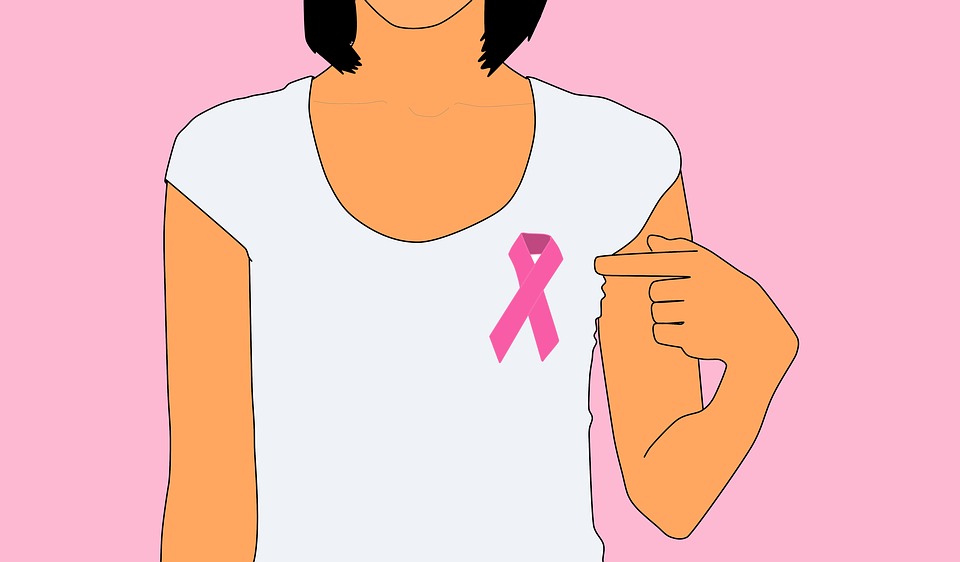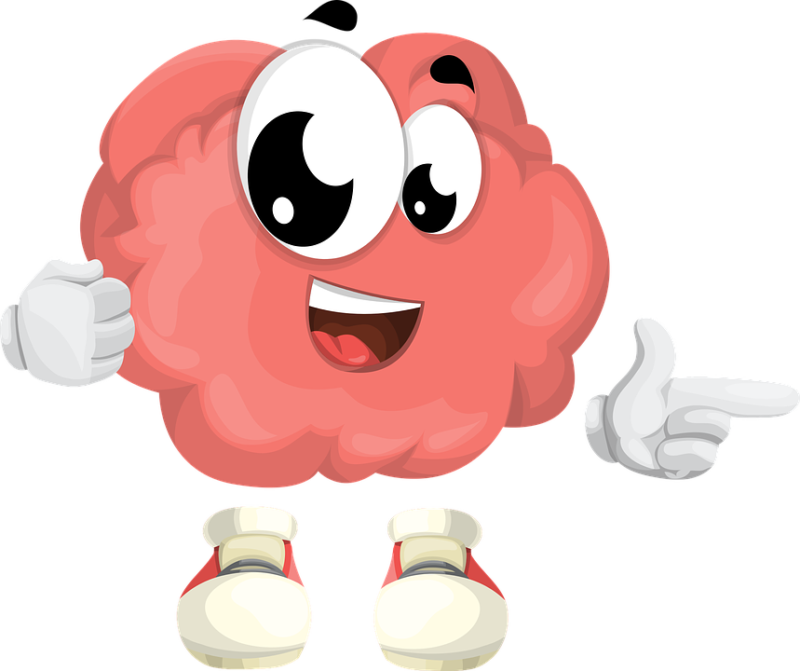Have you ever felt upset seeing unwanted hair on your face or body in the mirror? I have. As a woman fighting hirsutism, I know how tough it can be. The constant hair removal, feeling self-conscious, and searching for help can be draining.
You don’t have to fight this battle alone. There’s hope and strategies to help you feel better. One key method is a special diet plan for PCOS that tackles hirsutism’s root causes.
By making wise food choices and focusing on the best PCOS and hirsutism foods, you can lessen hirsutism symptoms. It’s time to win against unwanted hair and feel good about yourself again.
Key Takeaways:
- A PCOS diet plan can help manage hirsutism symptoms by targeting the underlying hormonal imbalances.
- Focusing on nutritional approaches for PCOS and hirsutism, such as consuming antioxidant-rich foods and healthy oils, can support hormone balance.
- Managing hirsutism through diet involves reducing refined foods and maintaining a balanced weight.
- Consulting with a healthcare professional or nutritionist can help create a personalized hirsutism diet and lifestyle plan.
- Remember, with the right dietary choices and lifestyle changes, you can regain control over hirsutism and live a confident, fulfilling life.
Understanding Hirsutism and Its Causes
Hirsutism means growing coarse, dark hair where women usually have fine hair or none. This can affect how women feel about themselves. It’s important to know why hirsutism happens and how to treat it.
High levels of male hormones, known as androgens, are a key reason for hirsutism. These hormones can make hair grow in areas men usually have it. Hirsutism can happen due to different reasons, including:
- Polycystic Ovarian Syndrome (PCOS): It’s a common hormonal disorder in women of reproductive age. It can cause cysts on the ovaries, messed up periods, and high androgens, leading to hirsutism.
- Tumors: Tumors on the adrenal glands or ovaries may cause more androgen production, leading to hirsutism. Finding and treating these tumors helps in managing hirsutism.
- Cushing Syndrome: Excessive cortisol, a hormone, leads to Cushing syndrome. It can cause hirsutism. This is often linked to taking too much cortisol through medication or a tumor.
- Medications and Anabolic Steroid Use: Some medicines, like corticosteroids and danazol, may cause more hair in women. Anabolic steroids can also change hormone levels and lead to hirsutism.
It’s crucial to find the cause of hirsutism for the right treatment. Doctors can directly target the reason and use the best methods to manage it. Tests like blood work, imaging, and pelvic exams can help find the cause.
With the right cause found, doctors can make a personal treatment plan. This may include changes to your daily life, medicine, or surgery. The goal is to lessen the extra hair and make you feel better.
For more info on hirsutism and its causes, check out the Mayo Clinic’s page on hirsutism. They offer detailed info and tips on understanding and treating hirsutism.
Managing Hirsutism with Lifestyle Changes
Lifestyle changes can greatly help manage hirsutism. By making simple changes, you can improve your well-being. This reduces the effect of hirsutism on your life.
I. Weight Management:
Maintaining a healthy weight is key in hirsutism management. A diet full of whole grains, lean proteins, fruits, and veggies is important. It helps with hormone balance.
Exercising regularly is vital for weight control and hormone regulation. Pick activities you like, such as walking or dancing, to burn calories. Remember, start slowly and build up your workout over time.
Have a chat with a healthcare expert or a dietitian who knows about hirsutism. They can help you develop a plan tailored to your needs.
II. Stress Reduction:
Stress messes with hormones and makes hirsutism worse. It’s essential to reduce stress. Mindfulness and relaxation, like meditation, can calm the mind and body.
Doing things you love can also cut stress. This might be walking, taking a bath, or listening to music. It’s good for your mind and body.
III. Sleep and Rest:
Good sleep and rest help balance hormones. Try to get seven to eight hours of sleep every night. A bedtime routine, like reading, can help you relax.
Remember to take short breaks during the day. Relaxing for a few minutes, with stretching or deep breathing, is beneficial. These moments can refresh you.

Medications for Hirsutism Treatment
Treating hirsutism with medications is very effective. These drugs either cut down the body’s androgen making or stop their work. This helps slow down the extra hair growth seen in hirsutism.
Birth control pills are often used for hirsutism. They can balance hormones by reducing androgen production. This, in turn, helps lessen hirsutism symptoms for some women.
Spironolactone is another helpful drug for hirsutism. It stops androgens from working. Doctors might prescribe it along with birth control pills to get better results.
There is also a cream that can help slow down facial hair growth. This makes it a top choice for managing unwanted facial hair.
Remember, these medications may not show results right away. It takes time and consistent use to see improvements. So, staying patient is very important.
If you want to learn more, check out a study on the PubMed Central website.
Next, we will look at surgical and other procedures for hirsutism. These options can help reduce unwanted hair growth.
Surgical and Other Procedures for Hirsutism Management
Hirsutism from tumors on the ovaries or adrenal glands might need surgery for treatment. Doctors do this to stop the cause of hirsutism and lower hair growth.
Laser hair removal is also effective for hirsutism. It uses a strong light to destroy hair roots, stopping future hairs. Several treatments are usually needed to see less hair in specific spots.
Electrolysis is another way to reduce hair growth. It sends a small electric shock to each hair root to stop growth. This works well on small areas but needs more than one session.

Speak with hirsutism specialists to pick the best method for you. They know the right steps to deal with your hirsutism. They can guide you well.
Trying various treatments can make a big difference for people with hirsutism. It boosts their confidence and quality of life.
Learn more about hirsutism and its treatment options here.
Nutrition and Dietary Supplements for Hirsutism
Eating the right foods and using dietary supplements are key in handling hirsutism. A balanced diet rich in antioxidants supports hormone health. This can ease hirsutism symptoms.
It’s crucial to eat foods high in antioxidants daily. These foods fight oxidative stress and inflammation to help balance hormones. Berries, greens, and citrus fruits are full of antioxidants. Adding them to your meals improves hormonal balance.
Healthy oils are also important for managing hirsutism. Oils like olive or vegetable are rich in essential fatty acids. They aid hormone regulation. Use these oils in cooking, dressings, or as a topping.
Be careful with refined foods, such as white bread and sugar. They can spike blood sugar and affect hormone levels. Choose whole grains and natural sweeteners like honey. This helps keep blood sugar stable and lessen hirsutism symptoms.
For some, dietary supplements might offer extra help. For managing hirsutism, saw palmetto and chaste tree extract show positive signs. Yet, it’s wise to talk to a doctor before taking any supplements. They can affect medications or health conditions.

Treatment Considerations for Pregnant Women
Managing hirsutism during pregnancy is hard because some treatments could harm your baby. It’s really important to keep both you and your baby safe. Think carefully when looking at treatment options for hirsutism.
Avoiding things that might change your hormone levels is key during pregnancy. Speak with a healthcare provider who knows about pregnancy. They can help you figure out the right actions for dealing with hirsutism now.
Though your options may seem limited, there are still things you can do to ease hirsutism symptoms. Here are a few useful hints:
- Focus on healthy lifestyle habits: A good diet and regular exercise can make you feel better and keep hormones in check. Work with your healthcare provider or a dietitian to create a suitable plan just for you and your baby.
- Prioritize stress reduction: Too much stress affects your hormones. To unwind, try prenatal yoga, meditation, or easy nature walks. These can help you relax and balance your hormones.
- Seek support: Coping with hirsutism while pregnant can be tough. Talking to friends, family, or support groups who understand can really help. They might share advice that could make a big difference.
Always remember, your pregnancy is unique. The right treatment plan will depend on your own situation. Keep talking with your healthcare provider to find the best ways to manage hirsutism during your pregnancy.

Prognosis and Complications of Hirsutism
Treating hirsutism’s source can help with the condition but might not stop all hair growth. Medicines that work on hormones can slow the growth, but not get rid of all the hair. This is especially true for hair on the face and body.
Activities like laser hair removal and waxing can reduce the hair for a while. Remember, you might need to keep up with these treatments to keep the results you want.
Hirsutism does more than just change how you look; it can also lower your confidence and cause stress. It’s key to deal with the feelings brought on by hirsutism.
Getting help from a therapist or counselor can make living this condition easier. They can offer advice and support to handle the tough parts of hirsutism.
The chances of improving due to hirsutism depend on the person and why it started. Often, with good care and treatment, hirsutism can get much better. This leads to a better quality of life for many women.

- Medications and hormonal treatments: They help with hirsutism but might not get rid of all hair growth.
- Procedures like laser hair removal and waxing: They offer a break from the hair, but you might need more treatments to keep the results.
- Psychological impact: Hirsutism can make you feel bad and less confident. Talking to a therapist can support you emotionally through it.
Conclusion
Hirsutism is a condition that can be managed well. This is through a mix of changes in how you live, the right medicine, and some treatments. Eating well, regular exercise, and ways to lower stress are very important. They help control hormones and lessen hirsutism’s signs.
There are also medicines like birth control pills, spironolactone, and skin creams. These can help even more by managing androgen levels. Alternative choices include surgeries to remove tumors, laser therapy, and electrolysis. Even though it’s hard to stop hair growth completely, these methods can make a big difference.
They can help with symptoms and make life better for women with hirsutism. Always talk to a healthcare provider to create a treatment plan that’s just right for you.














